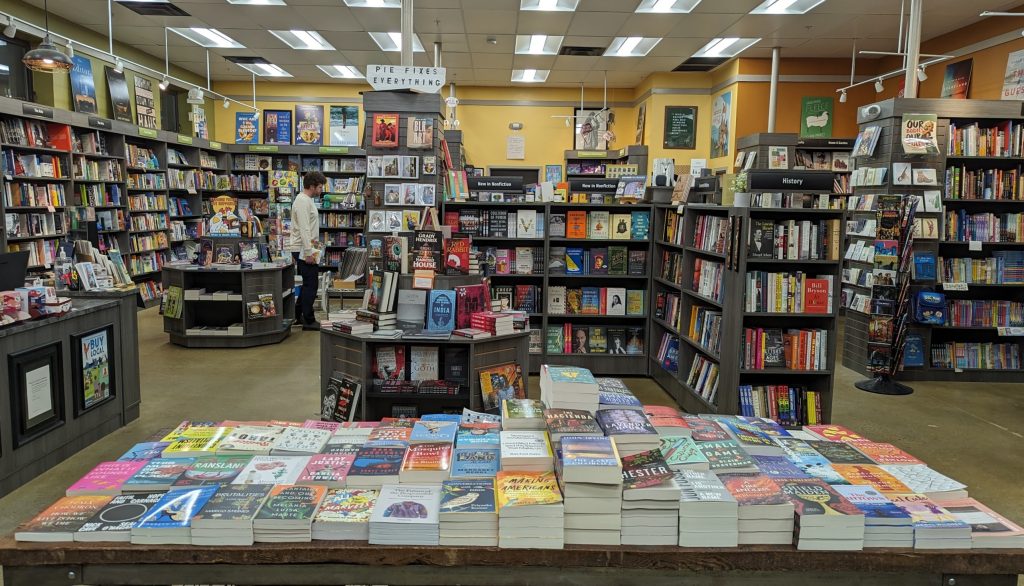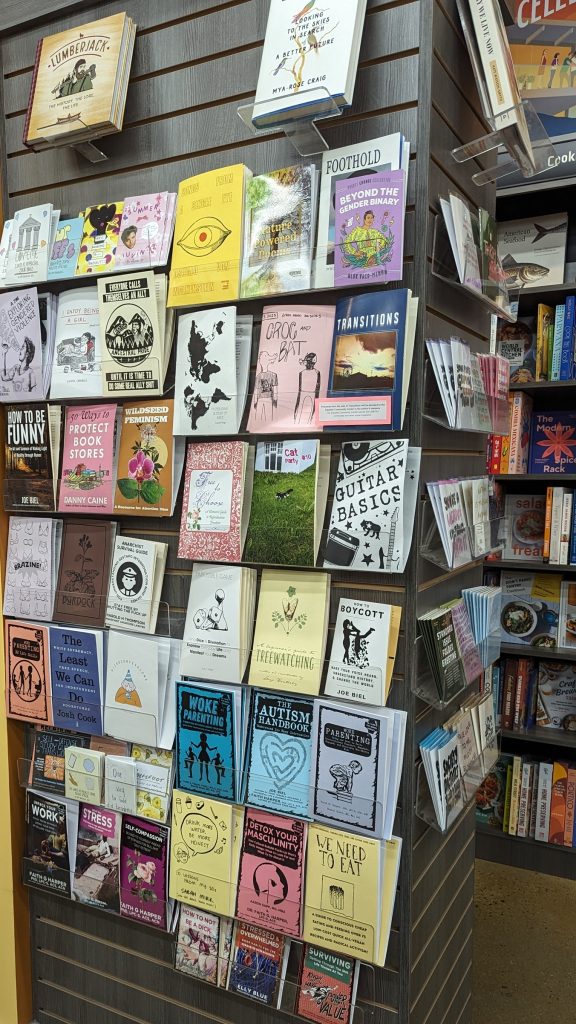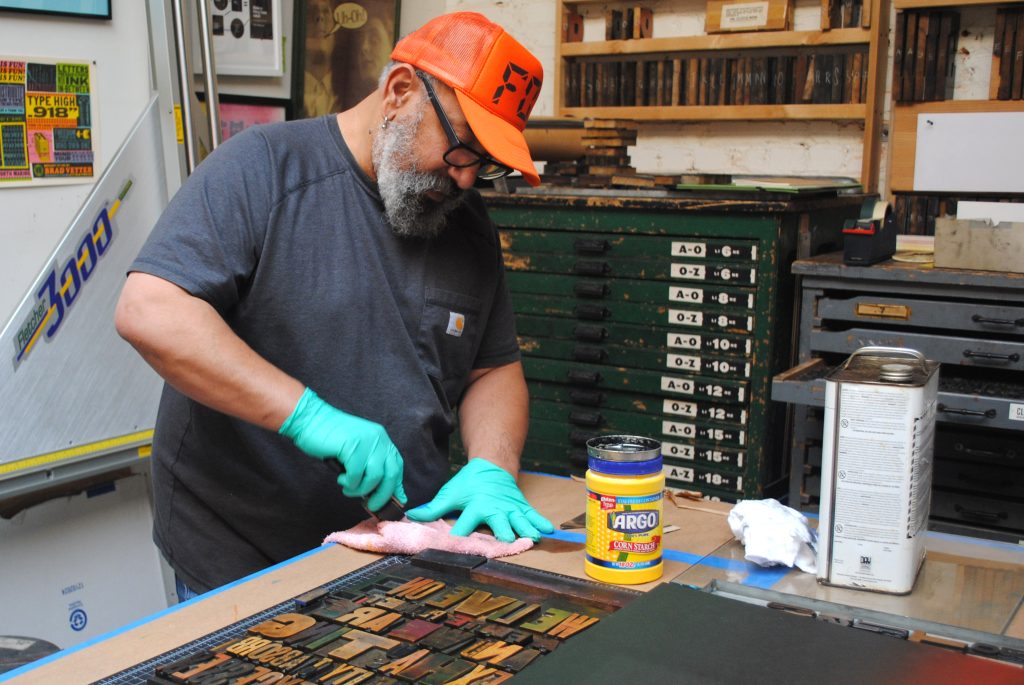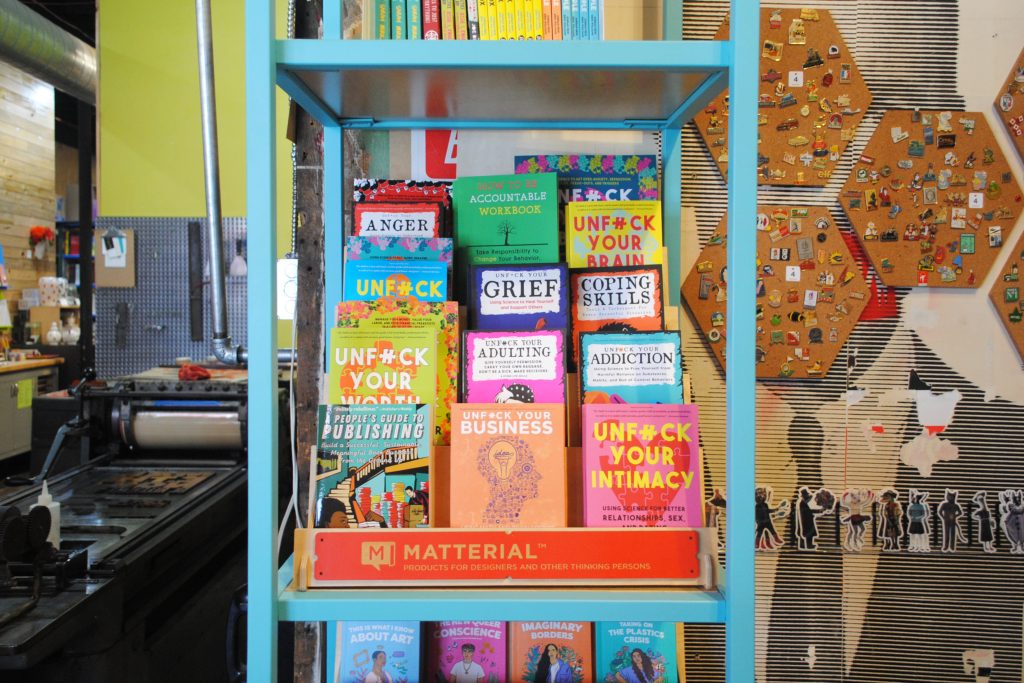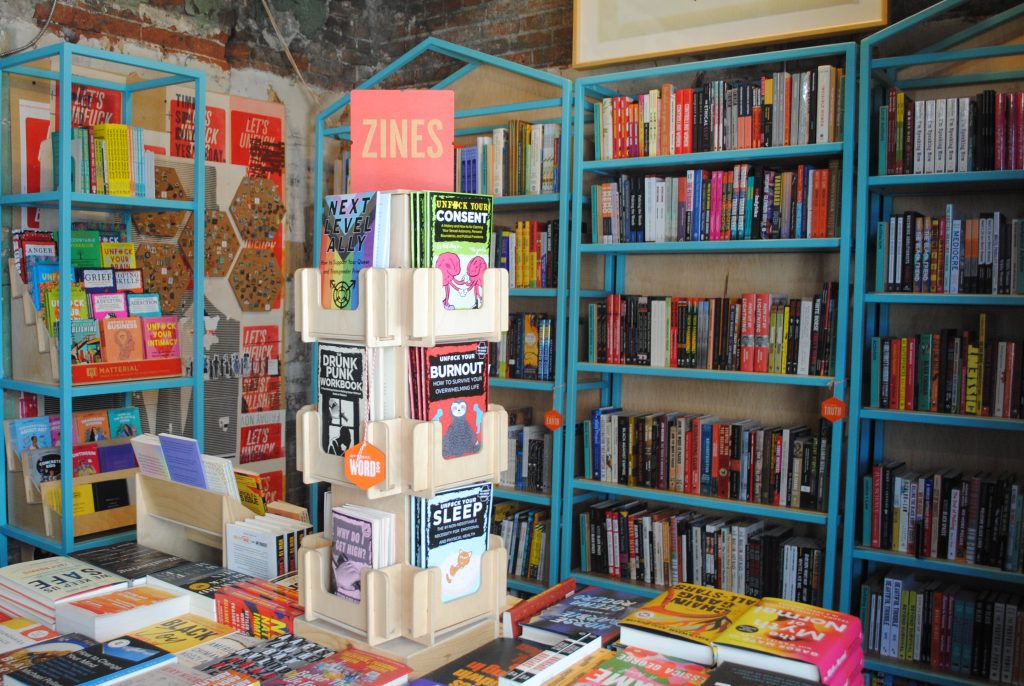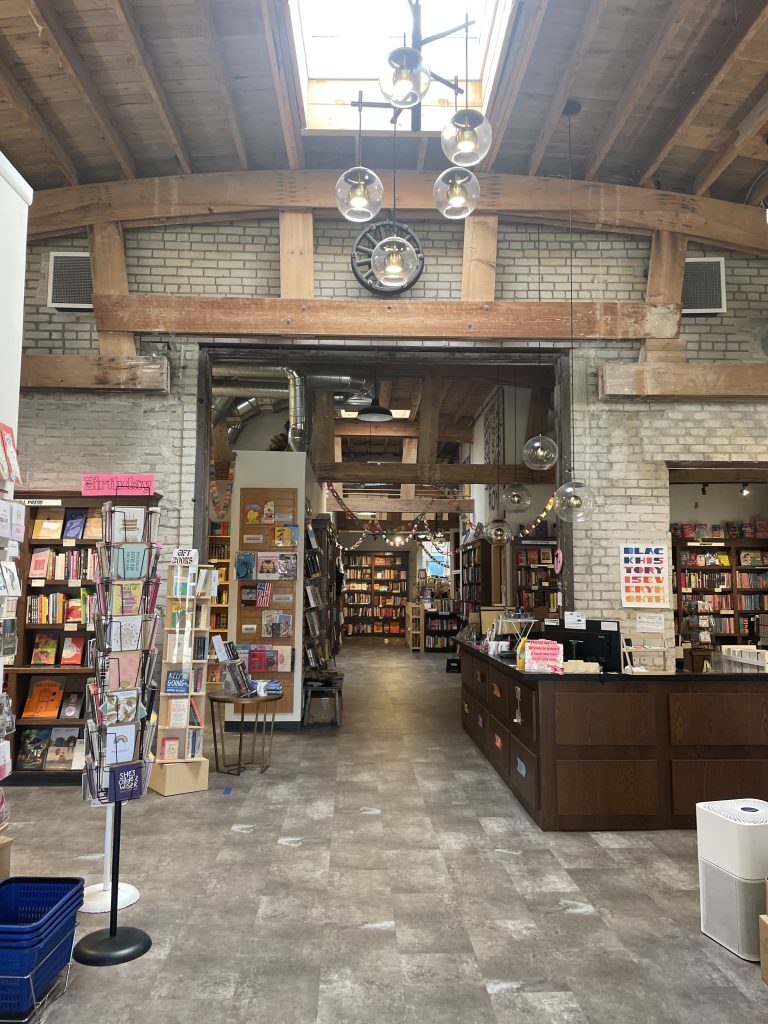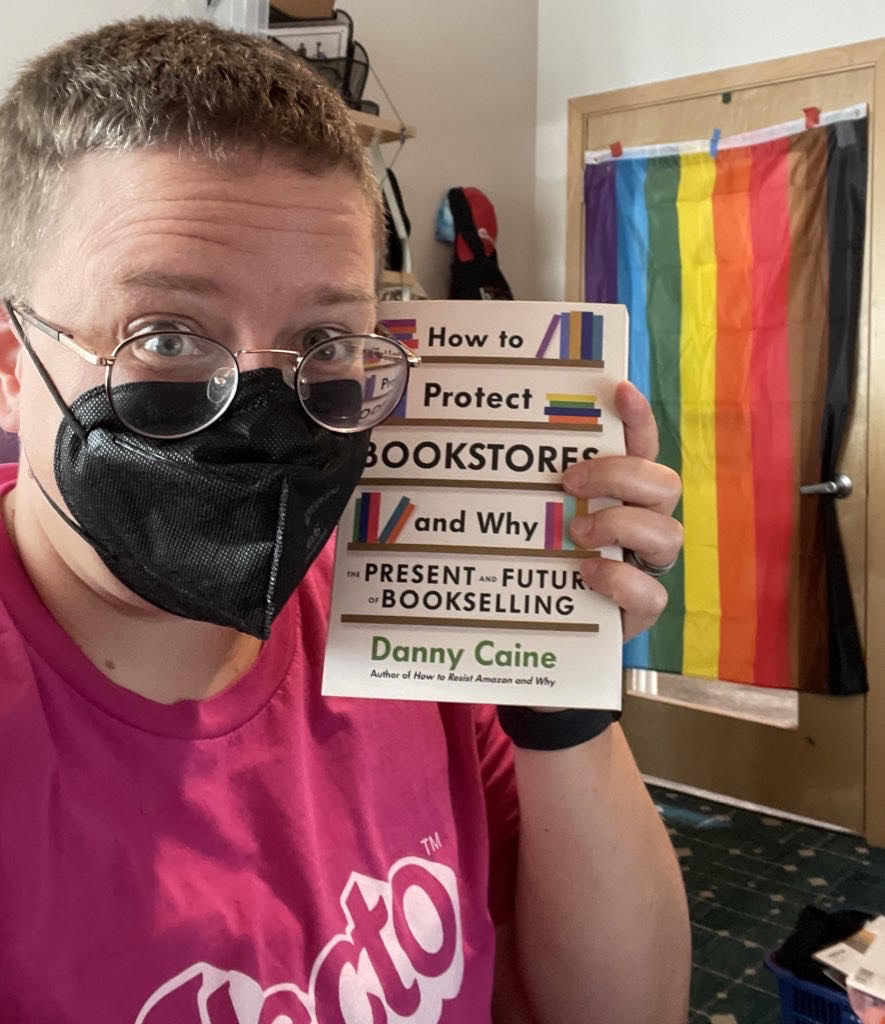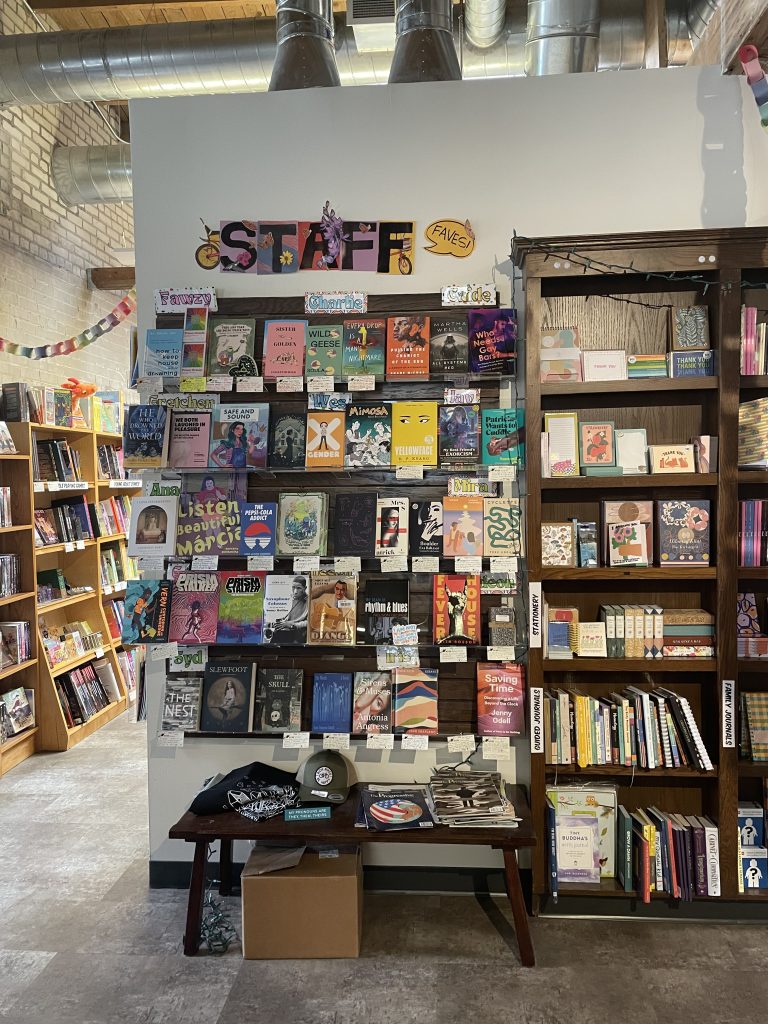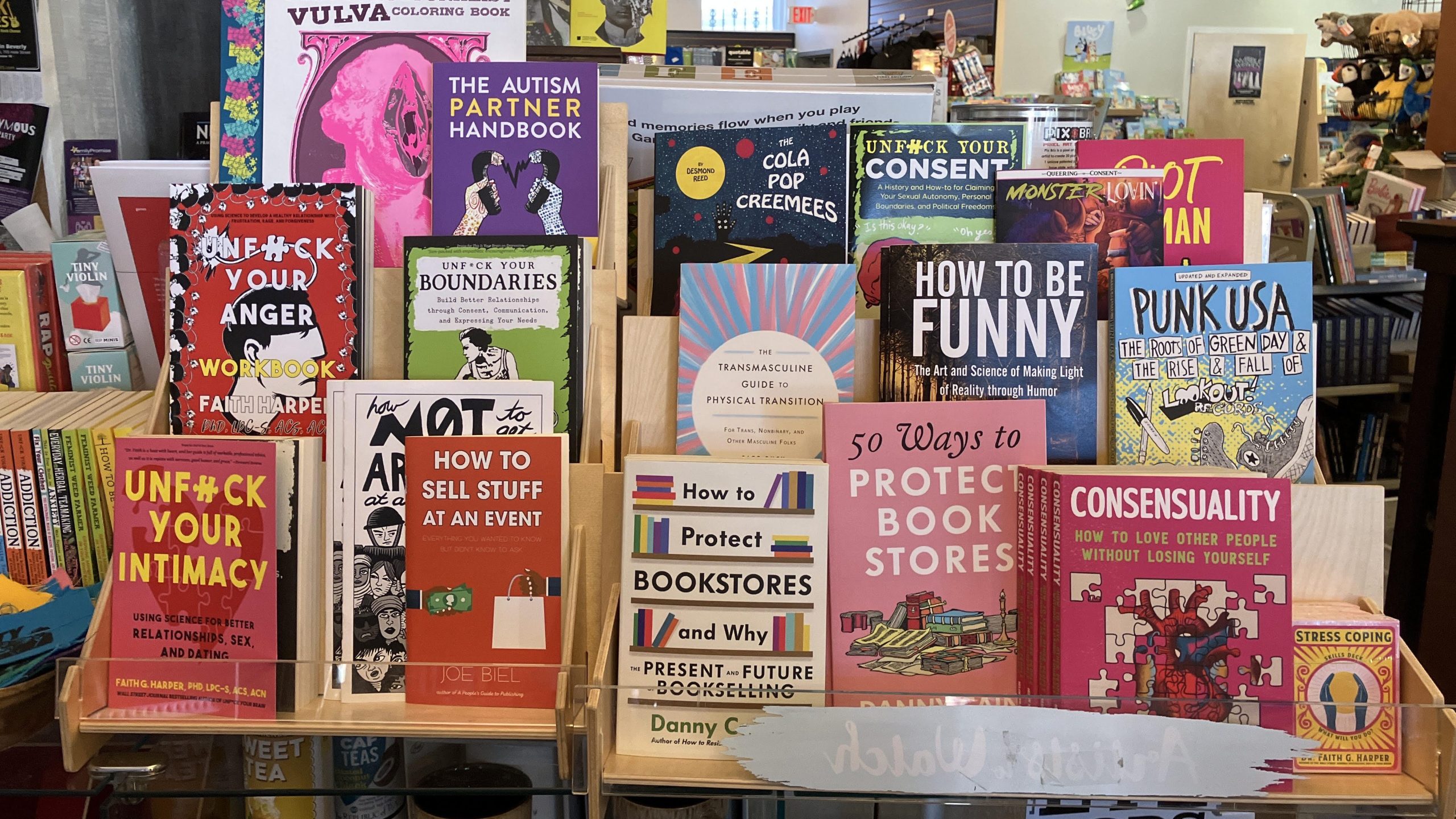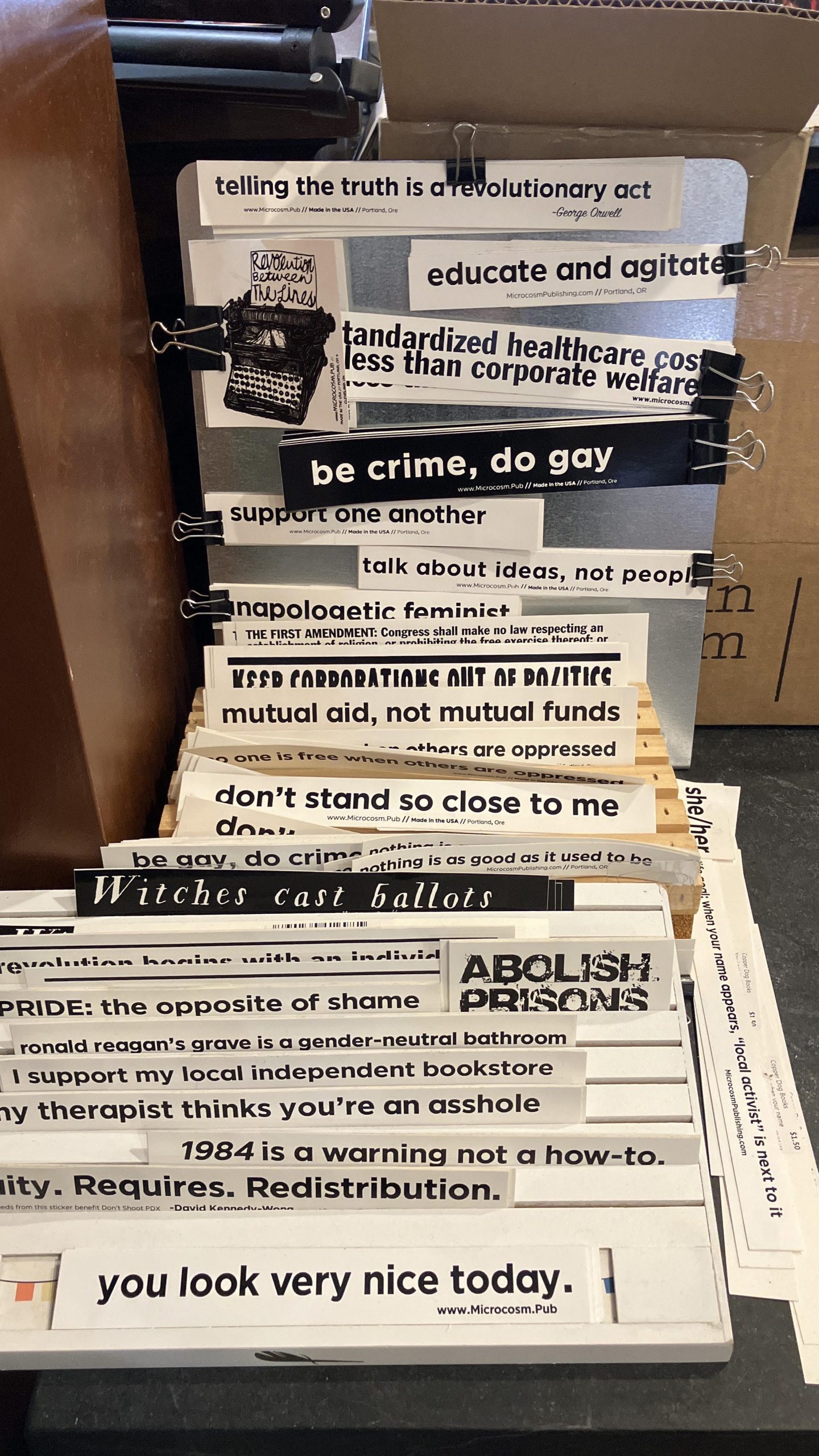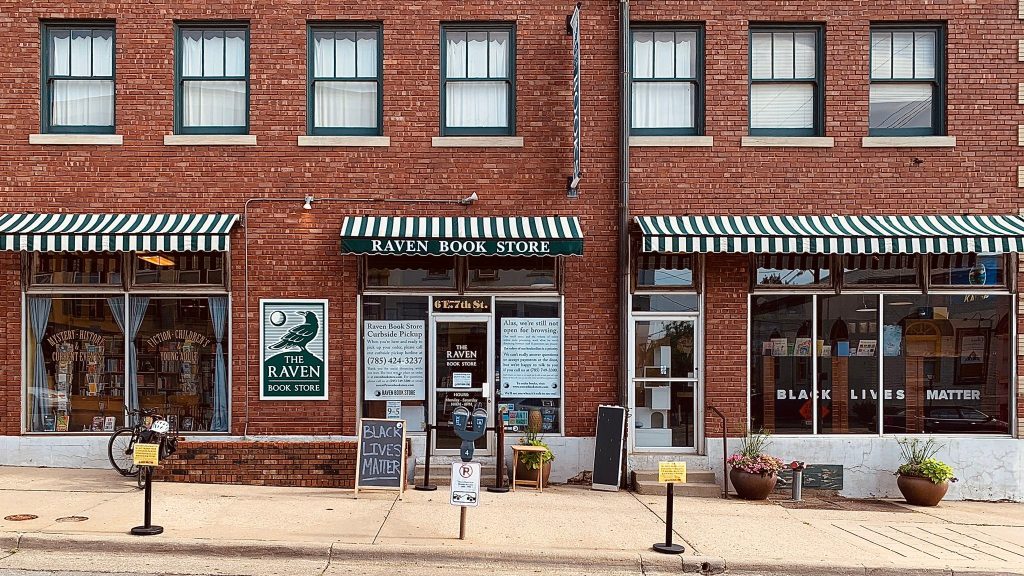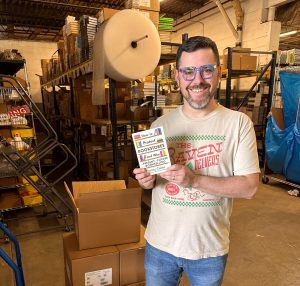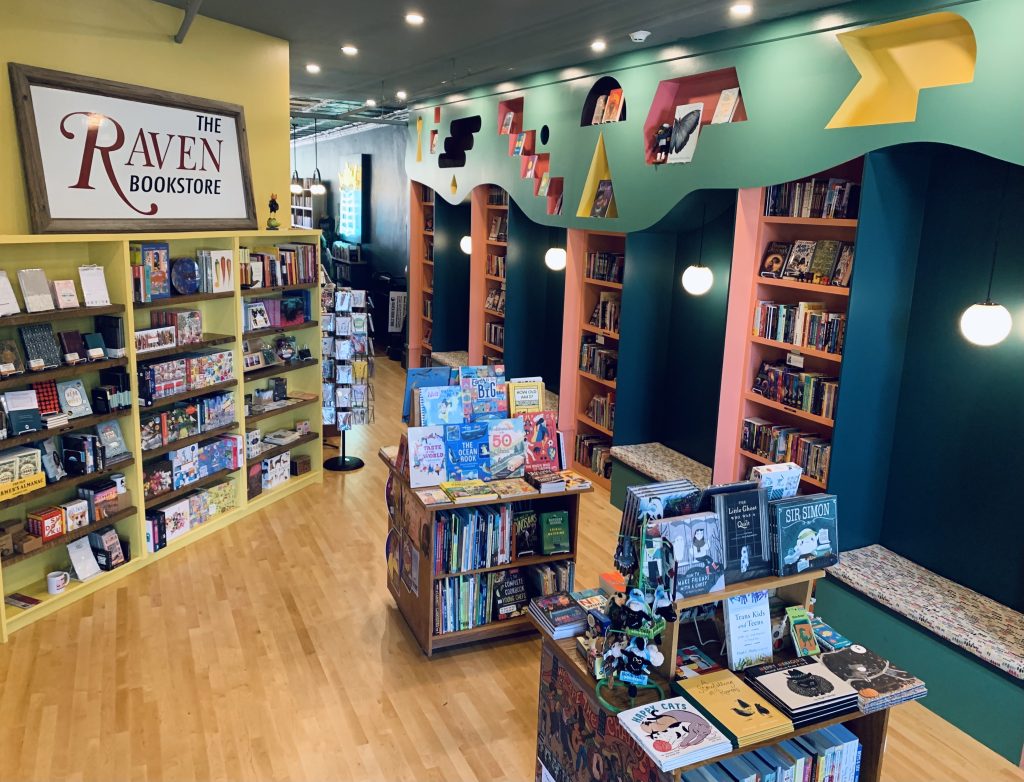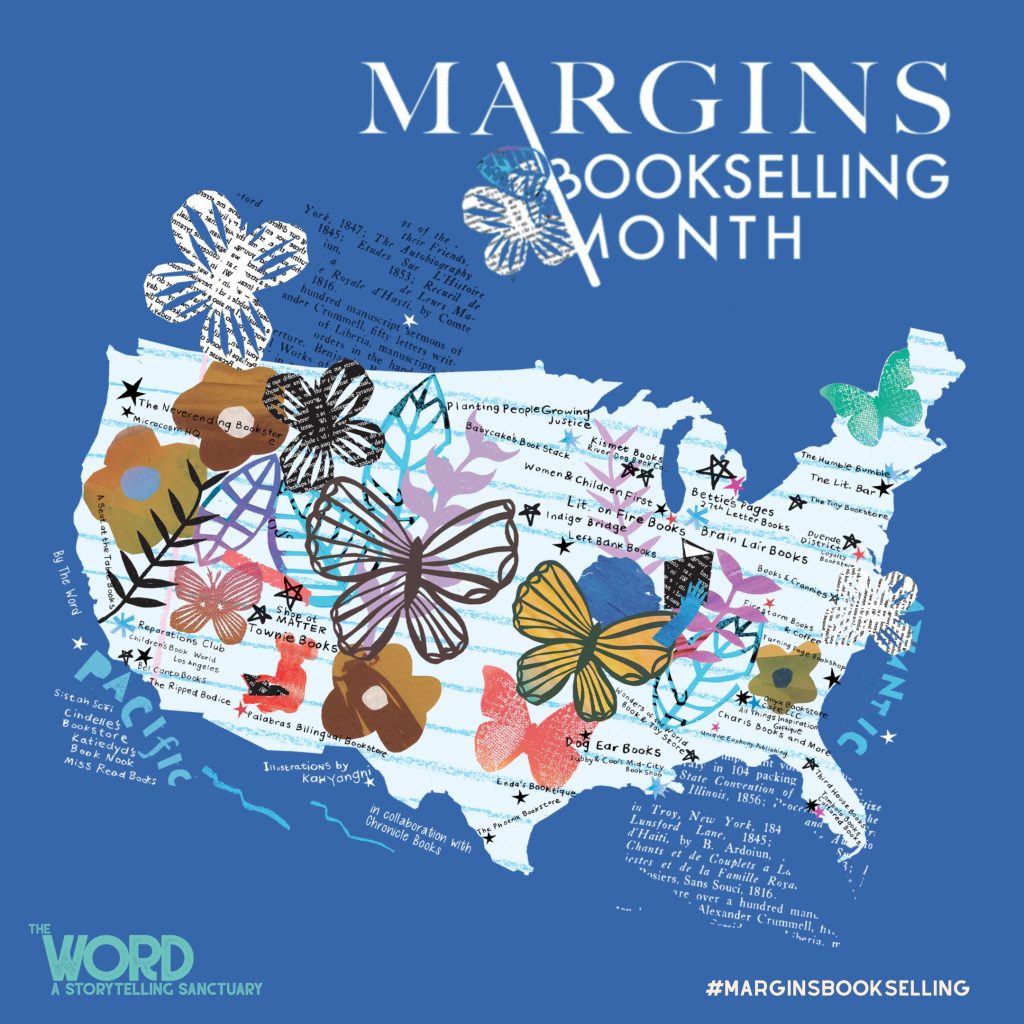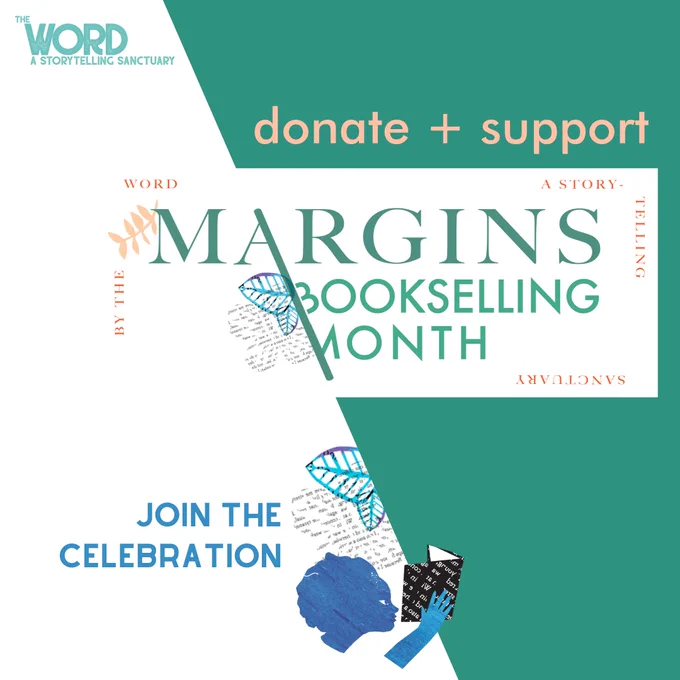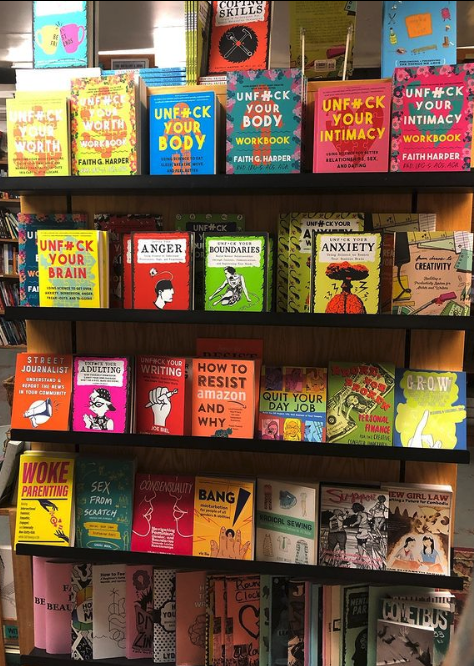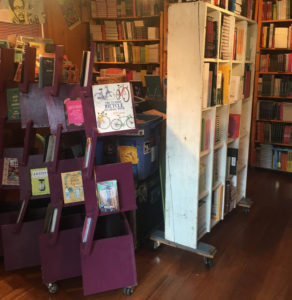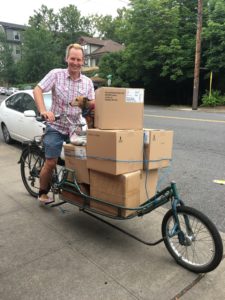An Interview with Karen Finlay, owner of Alibi Bookshop in Vallejo, California
Welcome to the next installment of the Bookstore Solidarity Project! Every month, we’ll be highlighting indie bookstore owners and booksellers across the country. This month, we’re featuring Alibi Bookshop in Vallejo, California, owned by Karen Finlay.
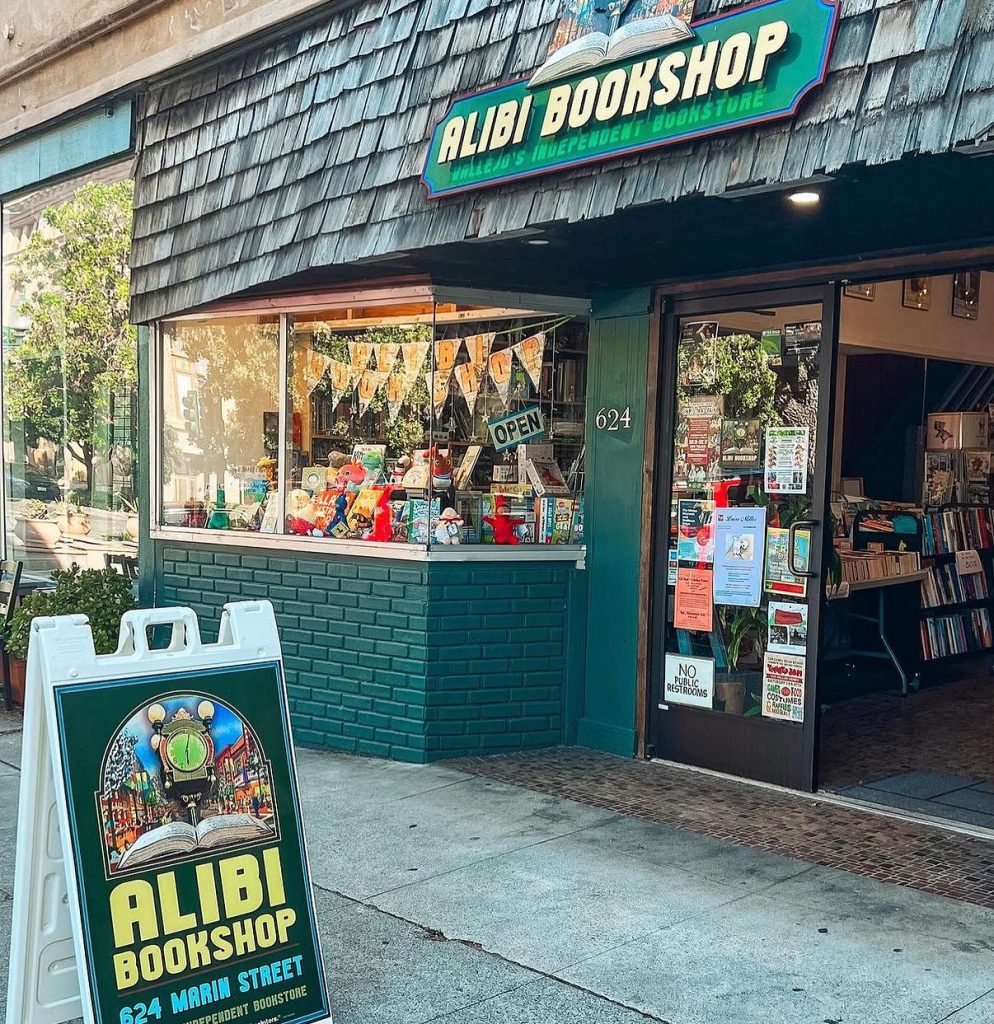
Your name and pronouns?
Karen Finlay, she/her
Tell us a little bit about the store and your community!
We moved to Vallejo from Oakland in 2017, and there was a tiny used bookstore with a small selection; I was disappointed that we didn’t have something *more.* Some people can’t live away from water, and I can’t live far away from a bookstore. One day I said, “I wish I could open a bookstore in Vallejo!” Well, be careful what you wish for — we wound up buying the store and opened in 2019. Not the greatest timing because a pandemic was looming, but our community has kept us here and we are so, so grateful.
Vallejo, the most diverse city in the US, is an interesting and historical town with its share of issues, but the best community anywhere. It was a navy town , but the navy left in the late ’90s and the city declared bankruptcy in 2008, and our downtown still reflects that. But we are working hard to bring back some vitality, and it’s been fantastic! The pandemic derailed our initial efforts, but we’ve been ramping up again. We’ve had sold out events at the local movie theater, two active book clubs, author events, a writing group, partnerships with local businesses… And anchoring downtown to bring in more businesses. We love it here so much. We try very hard to explain that shopping locally is one of the best things you can do for your city, and the message is starting to take hold. We have a ways to go, but the baby steps are getting bigger.
We don’t have a shop cat — we have two enormous “kittens” who are useless at shelving, so they have to stay home.
What got you into bookselling?
In high school I got a job at Upstart Crow, was an English/Creative Writing major in college and grad school, worked in publishing for nearly 20 years (a year of that with THE GREAT ANNA-LISA), and voila, now I own a bookstore!
What’s something about your store that you think will surprise people?
There are continual surprises and delights in this store — sometimes I think it MUST be haunted. For years this space was a legendary cigar shop, but it was also a jeweler, an egg store in the 1930s, the Democratic Headquarters for Vallejo for Robert Kennedy’s campaign so Teddy Kennedy was here, but my favorite incarnation was that it was “Foxy Lady Boutique” that specialized in hot pants. And I just discovered that the movie star Raymond Burr lived in this building as a child!
I think the thing people are surprised about that there’s a bookstore here at all! People think that bookstores are a thing of the past, and we gladly prove them wrong. Just now a woman was in here — she drove here from a different town because she had heard about us and wanted to see what the “fuss was about,” and said that I proved them all right! Take THAT, Amazon.
What are some of you favorite ways your community supports your store?
Vallejo SHOWS UP for us. We have a dedicated core group of customers, and they try to support by buying books/gifts, sharing on social media, spreading the word or even bringing us strawberries or flowers from the farmer’s market, and today a lady brought me a donut because she was thinking of me. But my favorite are the people who stop by to make sure I’ve gotten something to eat! I love our community so, so much.
What are two books you can’t wait for people to read, or your current favorite handsells?
My favorite handsells are “Tell the Wolves I’m Home” and right now, “The Great Believers” and “Just Kids.”
How can customers who aren’t local shop your shelves?
On our Bookshop.org page!
Be sure to follow Alibi on Facebook and Instagram, and check here for Karen’s podcast episode!
You can read our other Bookstore Solidarity Project posts here!
And click here to get a copy of How to Protect Bookstores and Why.
